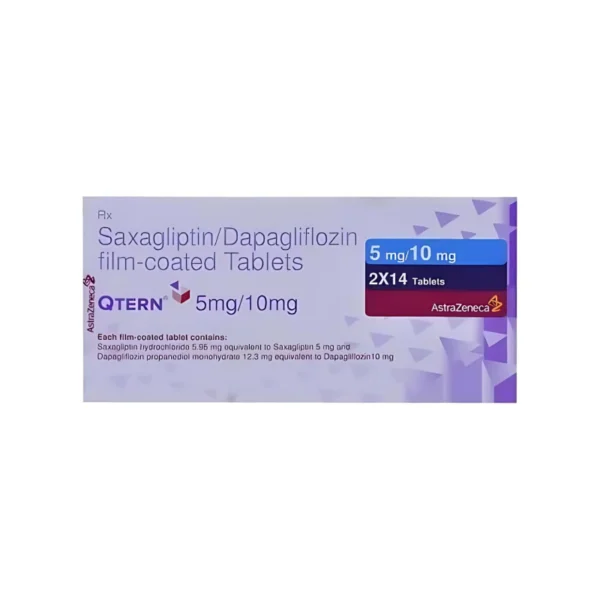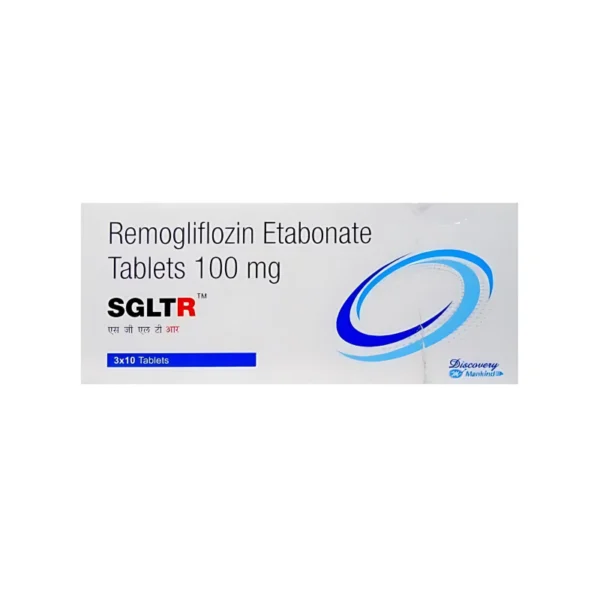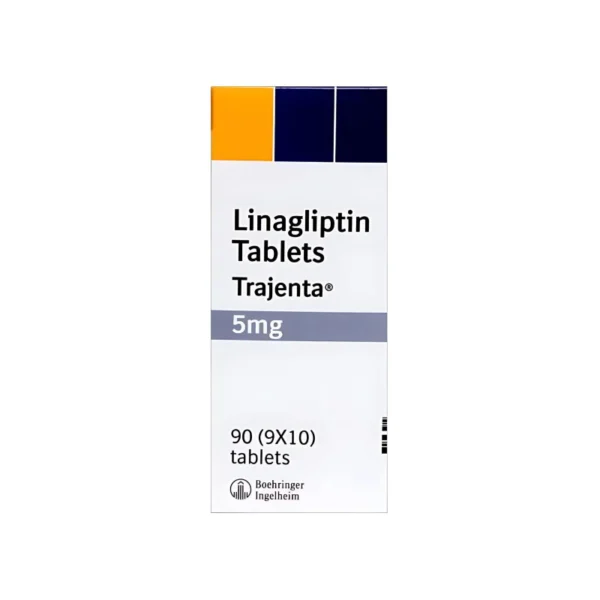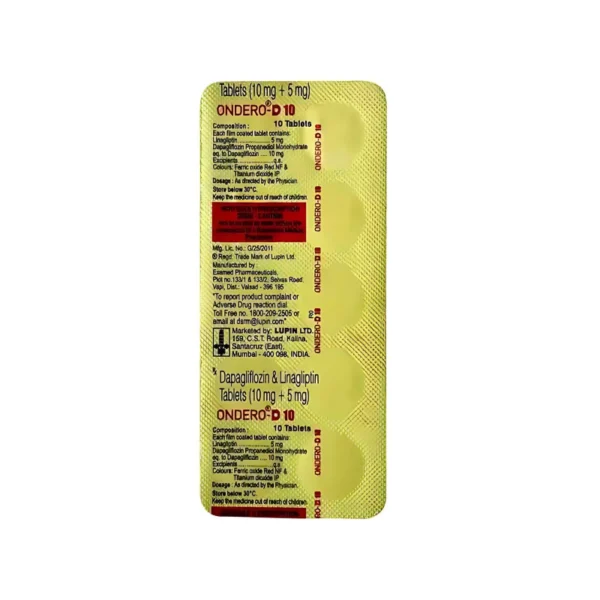FLAT 10% OFF ON YOUR FIRST ORDER. USE IVER10
Ozempic (Semaglutide)
Price range: $950.00 through $3,300.00
Ozempic contains Semaglutide, a GLP-1 receptor agonist designed to manage Type 2 Diabetes Mellitus and reduce cardiovascular risks such as heart attack and stroke. It also helps protect kidney function in diabetic patients with chronic kidney disease. Ozempic works by stimulating insulin release, slowing gastric emptying, and reducing liver glucose production to maintain steady blood sugar levels. Administered once weekly via a pre-filled injection pen, it supports long-term blood sugar control alongside a healthy diet and exercise. Common side effects include nausea and stomach discomfort, while serious reactions like pancreatitis and thyroid tumors require urgent medical attention. Proper storage and consistent dosing are essential for optimal results. Always consult your healthcare provider before starting or stopping Ozempic.
- Buy 2 and get Flat 15% Off. Use B2SAVE15
- Buy 3 and get Flat 20% Off. Use B3SAVE20
Ozempic (Semaglutide) – Treatment for Type 2 Diabetes & Cardiovascular Risk Reduction
Ozempic is an injectable medication used to treat Type 2 Diabetes Mellitus and reduce the risk of heart attack, stroke, or cardiovascular death in patients with heart disease. It also helps lower the risk of kidney function decline, kidney failure, and cardiovascular death in people with both Type 2 Diabetes and chronic kidney disease. Ozempic works by improving blood sugar control through multiple mechanisms, including stimulating insulin release and slowing digestion. Common side effects include nausea, vomiting, and stomach pain, but serious side effects like pancreatitis or thyroid tumors require immediate medical attention. Always use Ozempic as prescribed alongside a healthy diet and exercise.
Uses of Ozempic:
- Management of Type 2 Diabetes Mellitus
- Reduction of cardiovascular risks (heart attack, stroke, death) in diabetic patients with heart disease
- Prevention of kidney function decline in Type 2 Diabetes with chronic kidney disease
Benefits of Ozempic:
- Effectively lowers blood sugar levels
- Reduces risk of heart disease complications
- Protects kidney function in diabetic patients
- Convenient once-weekly injection
Side Effects of Ozempic:
Common Side Effects:
- Nausea
- Vomiting
- Diarrhea
- Stomach pain
- Constipation
Serious Side Effects (Seek Immediate Medical Help):
- Severe allergic reactions (swelling, difficulty breathing, rash)
- Pancreatitis (severe abdominal pain radiating to the back)
- Hypoglycemia (dizziness, confusion, sweating)
- Thyroid tumors (neck lump, hoarseness, trouble swallowing)
- Vision changes (worsening diabetic retinopathy)
- Kidney damage (decreased urination, swelling, fatigue)
- Gallbladder problems (jaundice, upper stomach pain)
How to Use Ozempic?
- Inject once weekly, on the same day each week, at any time.
- Use the pre-filled pen as instructed by your doctor.
- Rotate injection sites (abdomen, thigh, or upper arm).
- Do not share pens or reuse needles.
How Ozempic Works?
It contains Semaglutide, a GLP-1 receptor agonist that:
- Stimulates insulin release from the pancreas
- Reduces liver sugar production
- Slows stomach emptying to control appetite
- Improves long-term cardiovascular and kidney health
Safety Advice:
- Alcohol: May worsen hypoglycemia; limit intake.
- Pregnancy: Stop at least 2 months before planning pregnancy.
- Breastfeeding: Consult doctor (unknown safety).
- Kidney/Liver Disease: Use with caution; monitor regularly.
- Storage: Refrigerate unused pens; room temperature after first use (up to 56 days).
What If You Missed a Dose?
If missed, inject within 5 days. If >5 days pass, skip the dose and resume the next scheduled week. Do not double the dose.
FAQs:
Q1. Can Ozempic cause weight loss?
Yes, It may lead to weight loss by reducing appetite and slowing digestion, but its primary use is for diabetes management.
Q2. Is Ozempic safe for heart patients?
Yes, It is proven to reduce cardiovascular risks in Type 2 Diabetes patients with heart disease.
Q3. What should I avoid while taking Ozempic?
Avoid alcohol, high-sugar diets, and skipping meals to prevent hypoglycemia. Inform your doctor about all other medications.
Q4. Can Ozempic be used with insulin?
Yes, but it may increase hypoglycemia risk. Dose adjustments and frequent blood sugar monitoring are needed.
Q5. How long does Ozempic stay in the body?
Ozempic’s effects last about a week, which is why it’s taken weekly. It may take several weeks to see full benefits.
| Dose | 0.25 mg, 0.5 mg, 1 mg |
|---|---|
| Pack Size | 1 Pen, 2 Pen, 3Pen |










Reviews
There are no reviews yet.